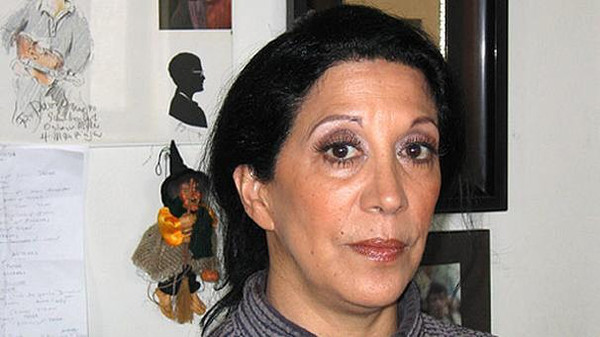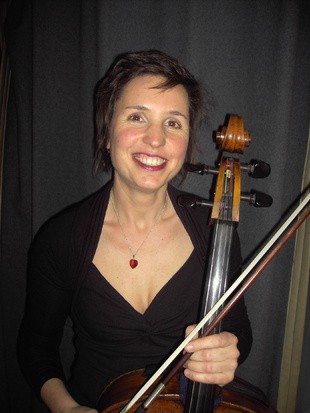
Nizza Thobi
Band,
Classical
Yiddish used to be known fondly to East European Jews as Mamaloshen: the “mother tongue”. Nizza Thobi, a small, feisty woman with a wonderfully soft, husky voice, devotes her music to the memory of this mainstay of Jewish culture. Born in 1947 in Jerusalem to a Sephardic family, Thobi came into contact with German and Yiddish culture at an early age. Many of her teachers were German Jewish émigrés steeped in the world of Heine and Goethe. Her neighbours and even her mother spoke Yiddish, a language she adored – even if she didn’t understand it. “The language is so luscious,” says Thobi, “you feel you can sing it.” She longed to find out more: about German-Jewish history and its brutal destruction, about the people who bore witness in Mamaloshen to the annihilating violence, but also articulated their dreams and hopes in the “mother tongue”. So Nizza Thobi went a-travelling: from Jerusalem to Berlin, from there to Munich, which she would eventually call home. With her she bore her love of Yiddish and German, and the desire to share this ardour with others.
Members
 | Mirjana Krstić vn |
 | Claudia Weiss vc AT |
 | Ulrike Von Sybel-Erpf vl |
 | Katarina Bassez vn |
 | Peter Wegele p DE |
Popular Tracks 

Track list and 30sec audio provided by ![]()
Discography
| Title | Artist | Year | Type |
|---|---|---|---|
| Jiddisch Is Gor Nischt Asoj Schwer -Von Wilna Nach Jerusalem- | Nizza Thobi | 2006 | Album |
| Gebojrn In A Sajdn Hemdl | Nizza Thobi | 2000 | Album |
| Morgen Ist Auch Ein Tag (Weiss ist der Sand) | Nizza Thobi | Single | |
| Mir Lebn Ejbig | Nizza Thobi | Album |
